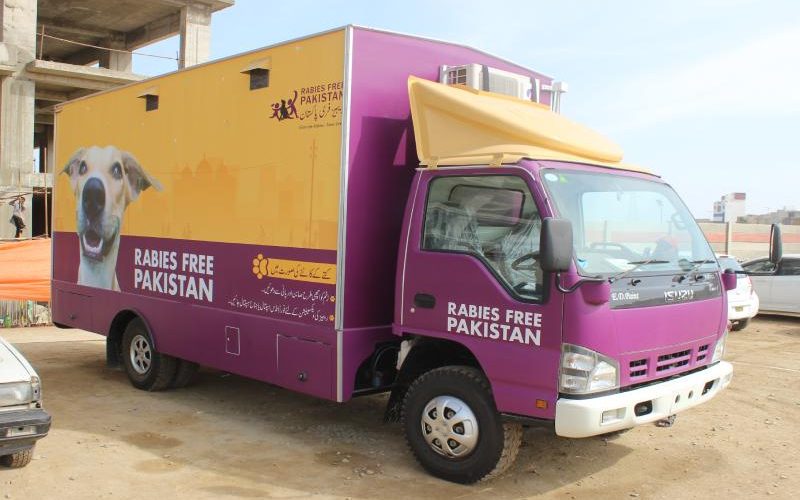WLLN Draft
Rabies Free Karachi
I’ve always been interested in telling stories through a camera’s lense. In 7th grade, I started to make short videos about my friends and their many talents, about my travels, and about social causes that were important to me. The most important learning experience I have had with film was in the summer of 2018, when I went to Karachi, Pakistan, the home of my mother and the place I was adopted. I went with the idea of creating a film about the katchi abadis (slums) and the problems that residents there face accessing fresh water. My aunt, who has a Phd in epidemiology, pointed out another big issue: rabies. Hundreds of cases of dog bites occur every day in Karachi, and many victims are children, bitten by stray dogs. The dog bites are often treated at home until it is too late after the victim develops signs of rabies, which includes hallucinations, excessive salivation and confusion. Most of these rabies cases end in death. My aunt suggested that I look into Rabies Free Karachi, a publicly funded initiative located out of the Indus Hospital.
My journey began with meeting the Rabies Free Karachi (RFK) project leaders and learning about their work. The project had just started and focused on capturing stray dogs, vaccinating them for rabies, and neutering them. The team also had a public awareness arm teaching the community how to deal with rabies, and that culling dogs was not the right way to control the disease. The RFK staff invited me to visit Ibrahim Hyderi, a fishing village, which is the epicenter of rabies cases.
I decided to tell the story of RFK through the eyes of the field workers. During my interviews, the field workers, whose job was to capture stray dogs, spoke about what goes into the training, how they catch the stray dogs, the problems they faced, and the importance of spreading awareness of the project. Because of the work of RFK, in just 6 months, the number of mass dog vaccinations increased from 861 to 2,530, and more villagers were beginning to understand the significance and benefit of this project.
Rabies is often called an “orphaned disease,” a common disease that is given little attention by researchers because it mostly affects those in developing countries. I realized how fortunate the people of Ibrahim Hyderi were to have RFK and how lucky I was to have the opportunity to document their work. The movie I made, supported by the studio of Sharmeen Obaid-Chinoy Films, featured the amazing staff and vets of RFK and is posted on their website.
During my filming, I encountered a young girl, around 5 years old, who had light brown eyes and a big smile, despite the poverty stricken conditions of her life. She reminded me of myself. I could have easily grown up in these conditions if I had not been abandoned at a hospital in Karachi at birth and adopted immediately by my Pakistani/ American family.
The three weeks writing, filming, editing, and distributing the RFK-story made me realize how much I wanted to work with young children, expand their horizons and help develop their minds. At the same time, I want to learn more about myself and my world, explore my interests and sharpen my skills.





